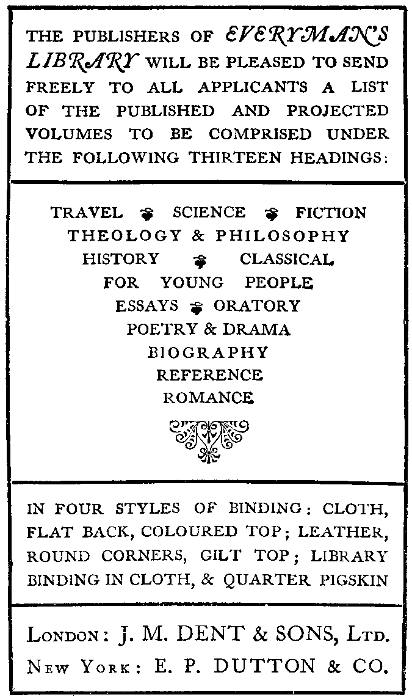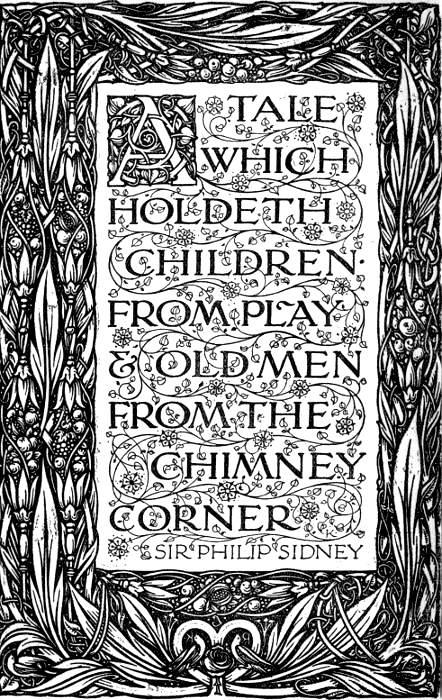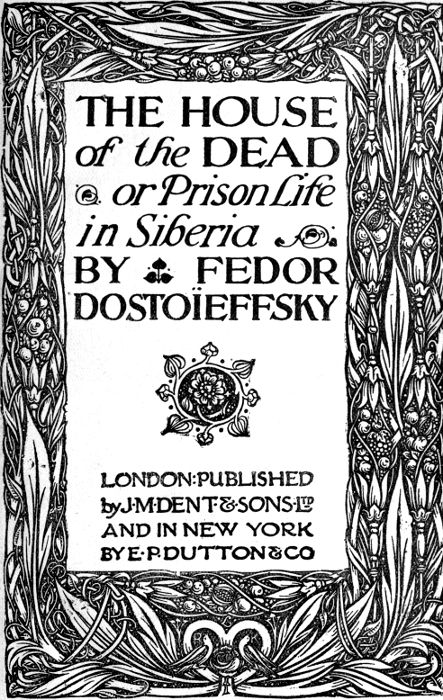EVERYMAN’S LIBRARY
EDITED BY ERNEST RHYS
FICTION
THE HOUSE OF THE DEAD BY FEDOR DOSTOÏEFFSKY
WITH AN INTRODUCTION
BY JULIUS BRAMONT


First Issue of this Edition 1911
Reprinted 1914
INTRODUCTION
“The Russian nation is a new and wonderful phenomenon in the history ofmankind. The character of the people differs to such a degree from thatof the other Europeans that their neighbours find it impossible todiagnose them.” This affirmation by Dostoïeffsky, the propheticjournalist, offers a key to the treatment in his novels of the troublesand aspirations of his race. He wrote with a sacramental fervour whetherhe was writing as a personal agent or an impersonal, novelist orjournalist. Hence his rage with the calmer men, more graciousinterpreters of the modern Sclav, who like Ivan Tourguenieff were ableto see Russia on a line with the western nations, or to consider hermaternal throes from the disengaged, safe retreat of an arm-chair exilein Paris. Not so was l’âme Russe to be given her new literature in theeyes of M. Dostoïeffsky, strained with watching, often red with tears and anger.
Those other nations, he said—proudly looking for the symptoms of theworld-intelligence in his own—those other nations of Europe maymaintain that they have at heart a common aim and a common ideal. Infact they are divided among themselves by a thousand interests,territorial or other. Each pulls his own way with ever-growingdetermination. It would seem that every individual nation aspires to thediscovery of the universal ideal for humanity, and is bent on attainingthat ideal by force of its own unaided strength. Hence, he argued, eachEuropean nation is an enemy to its own welfare and that of the world in general.
To this very disassociation he attributed, without quite understandingthe rest of us, our not understanding the Russian people, and our taxingthem with “a lack of personality.” We failed to perceive their raresynthetic power—that faculty of the Russian mind to read theaspirations of the whole of human kind. Among his own folk, he avowed,we would find none of the imperviousness, the[Pg viii] intolerance, of theaverage European. The Russian adapts himself with ease to the play ofcontemporary thought and has no difficulty in assimilating any new idea.He sees where it will help his fellow-creatures and where it fails to beof value. He divines the process by which ideas, even the mostdivergent, the most hostile to one another, may meet and blend.
Possibly, recognising this, M. Dostoïeffsky was t
